Heavy Equipment Top 10 Safety Tips for Incident Prevention
5 min readAccording to a report on the United States Department of Labor, 5,250 employees died on the job because of work-related injuries in 2018. Twenty-one percent of the fatalities were in the construction industry.
The deaths were attributable to falling objects, electrocution, and caught in-between. The latter refers to a worker dying due to getting stuck, struck, or crushed by equipment or objects.

It does not matter what level of training the operators or those on site have; there are specific safety tips to avoid injury. Here are 10 of the best ways to prevent accidents from heavy equipment.
1. Have an incident management plan
You can never quite predict when an accident will occur. That is why you need to have an incident management plan in place. You get to identify, analyze, and correct any hazards to avoid future recurrence. You also get to fix distraction and can get help for your workers immediately an accident occurs. With the right incident management software, you can avoid distractions to the core business, while you deal with the problem.
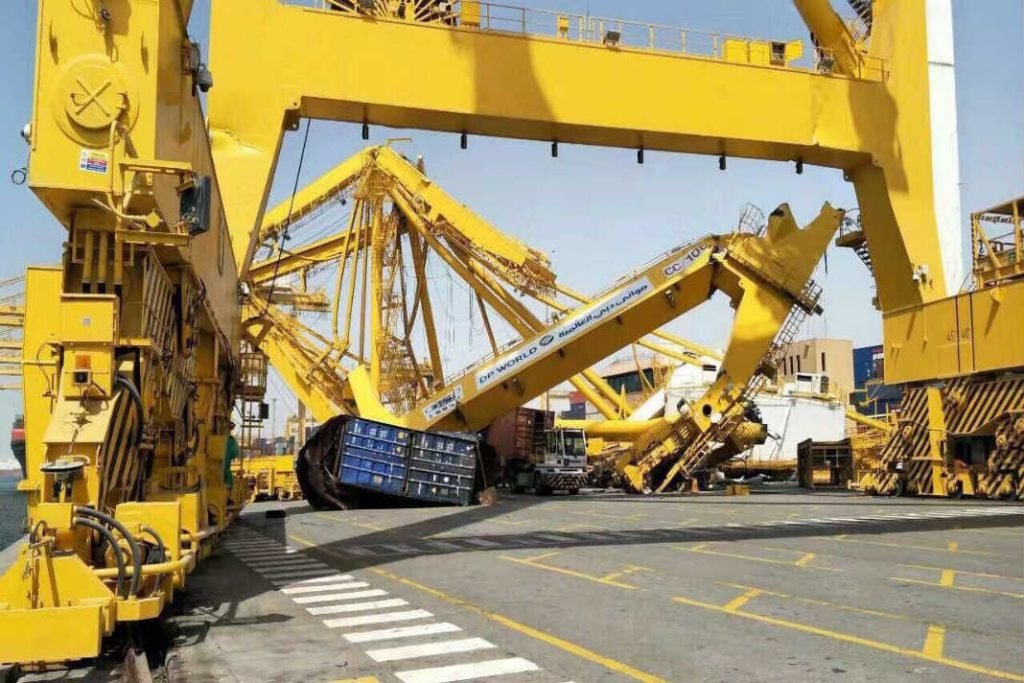

2. Ensure adequate training for operators
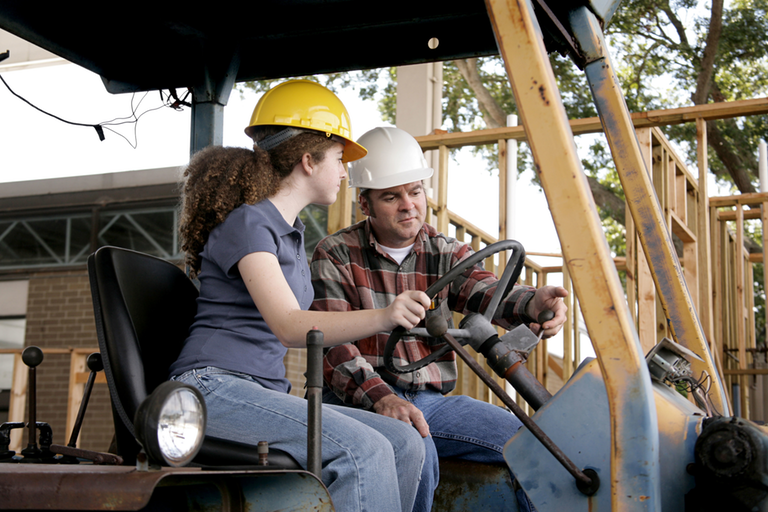

Anyone who is operating heavy equipment must have the relevant training. It is not the best kind of equipment for trial and error, because it can be dangerous for both the operator and other workers. Also, train the operators on some essential mechanical aspects. While we are in no way saying that the machine operator needs the mechanic level expertise, they should at least be able to identify anything that may be an issue. If you are working with contractors, ensure you see their certification.
3. Remain vigilant at all times
You must remain vigilant at all times while operating heavy machinery. Have a good feel for your surroundings and take into consideration any obstacles or dangerous spots. Be exceptionally watchful for power lines, barriers, sewer, gas, and electrical lines, among others. It helps to demarcate such areas to avoid any accidents or incidents. Only allow workers who are actively engaged to be within the field of operation. You avoid crowding and having unnecessary people on the construction site. It also allows the operator more space to do their job.


4. Watch while mounting and dismounting


A common cause of injury on construction sites is falling from heavy machines. Falling objects are also a significant cause of concern. When mounting or dismounting heavy machines, you must be careful. Ensure you have a good grip and use hand holes, as well as steps at all times. Do not carry unnecessary equipment into the cab, and do not dismount while the machine is moving.
5. Inspect equipment before use
Let professionals service your equipment regularly. If you do it for your car, why would you not do it for the heavy machinery? Leave this job to the professionals. Not only do you get to operate safety equipment, but you get to enjoy a longer lifespan of a machine. Machine operators are also not off the hook. Heavy equipment training 101 will tell you that you need to inspect the heavy equipment before you start to operate it. Think about it much as you would if you need to take your car on a road trip. Look at the tires, check fluid levels, and ensure it has sufficient engine oil, among others. Also, secure any attachments and make certain the moving parts are working well. If you see, there is a problem, and it is outside your area of expertise, let the professionals take care of any serious issues before you use the equipment. Remember; put the machine in a parking position when performing any maintenance services.
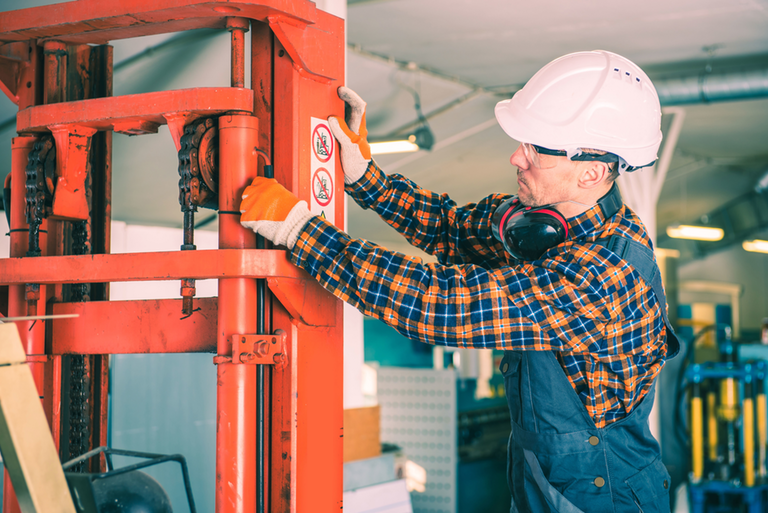

6. Have the right personal protective equipment
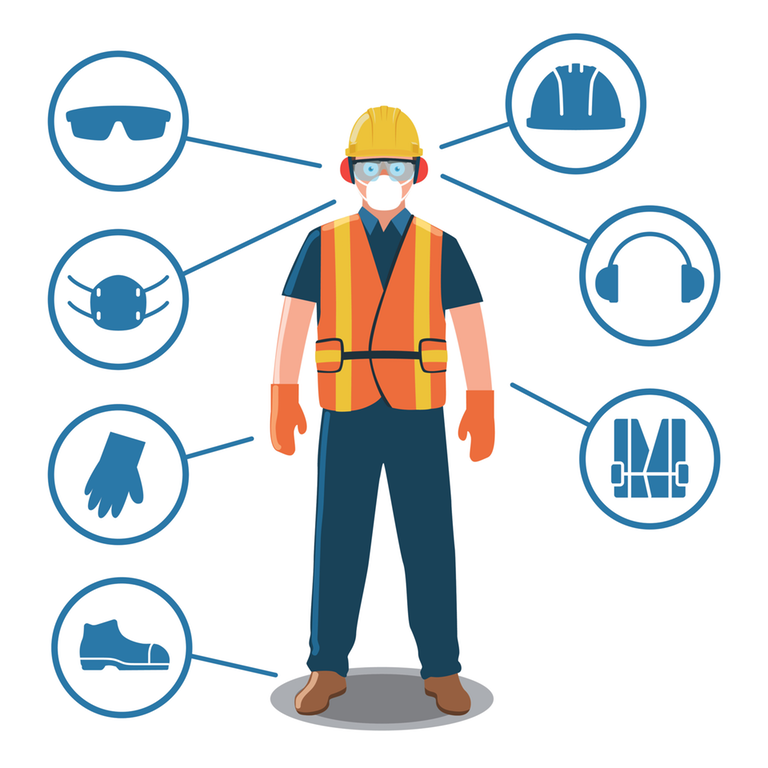

When you are at a site with heavy machinery, you must have the right protective gear. Goggles, hard hats, gloves, and boots are a requirement. Other protective gears include high visibility clothing, fall protection equipment, among others. Do not compromise your safety because you think the protective gear is cumbersome.
7. Avoid blind spots
Anyone who is operating heavy machinery must ensure that they have a clear vision on all sides. If you have a blind spot, get the help of a colleague to spot for you. He or she will direct you to a safe position.
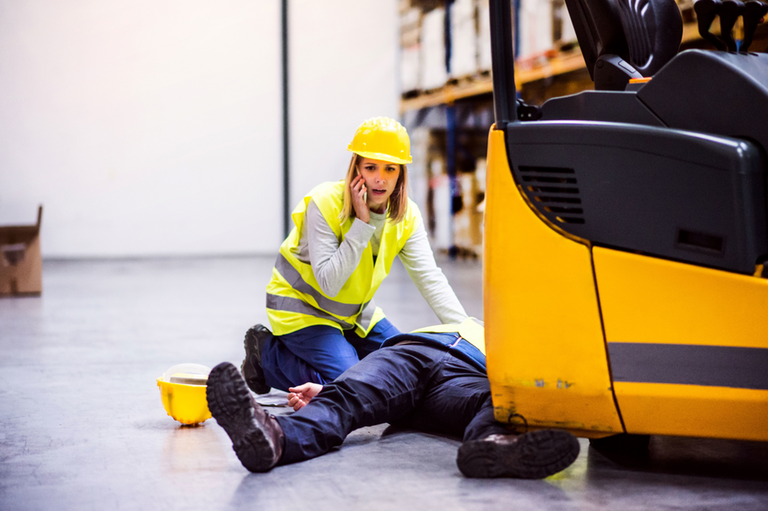

8. Communication is critical
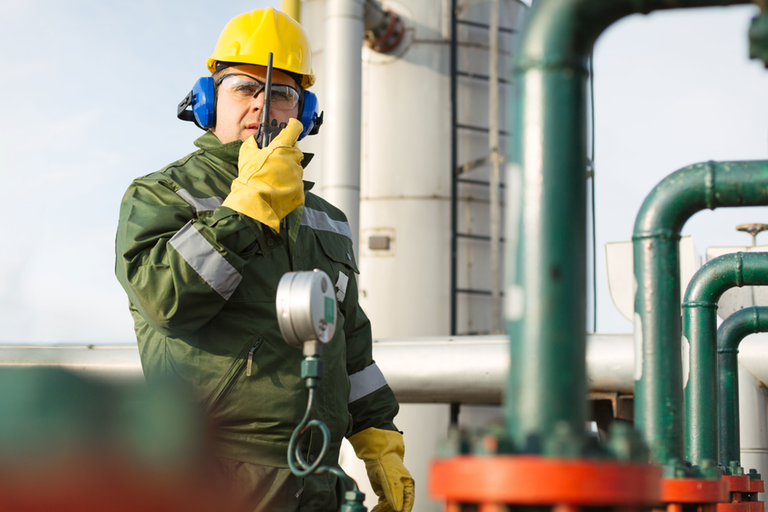

You must ensure that you keep the channels of communication open for everyone who is on the construction site. It pays to invest in walkie talkies, two-way radios, or any other system that works well for you. When you give your team the relevant information, they can avoid dangerous areas and inform the others as well.
9. Every machine has its use
Every piece of heavy machinery has its use. You may, however, find that you are using a particular piece of equipment for something outside of what the manufacturer intended. While it is entirely within reason to try and find multiple functionalities for the equipment you have, it may not be a very good idea when it comes to heavy machinery. You may overload or even overwork it, leading to damage or even a breakdown. A piece may break off, leading to injuries or death at the site. Trust the manufacturers and stick to their recommendations.



10. Do not ignore your seatbelt
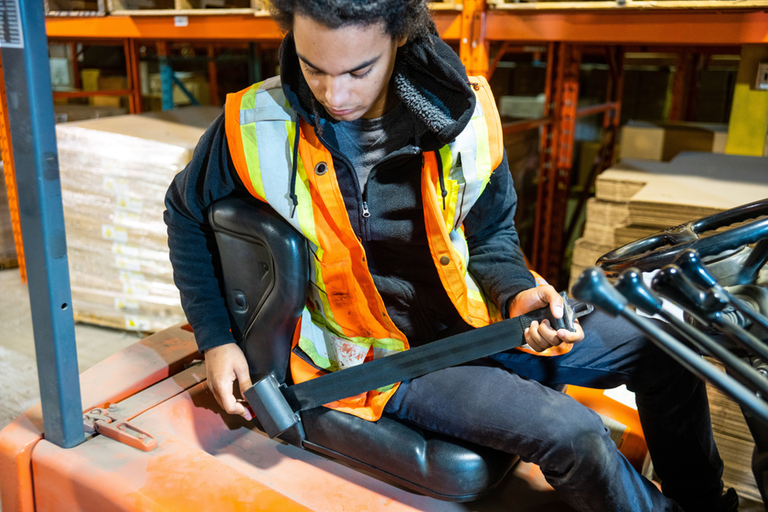

You may convince yourself that since you’re not driving down the highway, you do not need to have a seatbelt on. However, you need to ask yourself why manufacturers put it in the first place. You never know when the seatbelt could save your life. There have been cases where the heavy equipment tips over and the saving grace for the operator is the seatbelt. Even if it does not tip over, you could avoid some severe bangs and jostle by having your belt on. Anyone who operates heavy equipment knows that these fantastic machines can cause a lot of heartbreaks. The number of unnecessary fatalities and injuries that occur at construction sites is mind-boggling. Unfortunately, most of the accidents occur due to preventable human errors. Any company that operates heavy machinery needs to have an incident management software place to preempt and manage any incidents. Also, ensure that you and your team take the precautions we have highlighted above as effective life and limb saving measures.



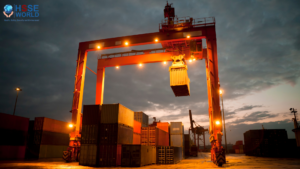
1 thought on “Heavy Equipment Top 10 Safety Tips for Incident Prevention”